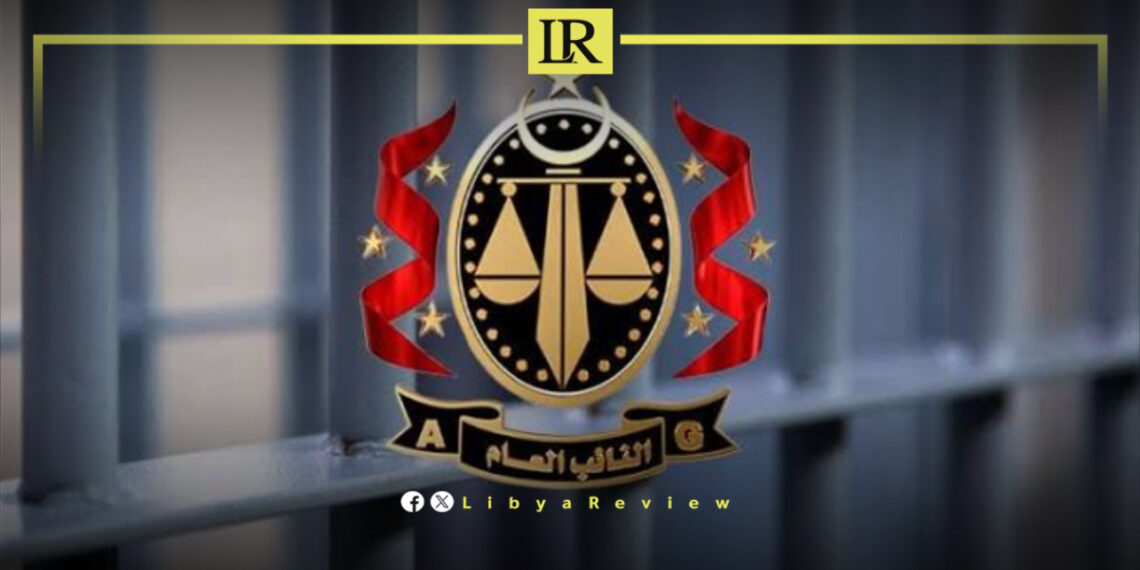Libya’s Office of the Attorney General has launched legal proceedings into what it described as a major corruption case worth $14 billion, involving forged government decisions and unauthorized strategic project deals.
In an official statement, the Public Prosecutor’s Office said the case centers on falsified administrative decrees used to illegally gain personal and financial benefits. The scandal came to light following a detailed report submitted by the Libyan Intelligence Service, which uncovered material evidence pointing to the forgery of a decree that created a fake investment body.
According to investigators, the fabricated decree led to the illegal establishment of what was falsely named the Libyan Authority for Strategic Investments. This non-existent entity went on to sign contracts worth $14 billion with external partners, allegedly to carry out oil and civil construction projects that were never approved in the national budget.
The Prosecutor’s Office confirmed that investigations led by a deputy attorney general have verified the forgery of the founding decision and revealed that the suspects intentionally pushed forward with contracts using the fake authority.
One suspect has been arrested and placed in pretrial detention, while the second accused remains at large and is now being actively pursued by authorities.
This case marks one of Libya’s largest financial corruption scandals in recent years, raising concerns over accountability, fake entities, and the misuse of national resources without state oversight.
Libya has been in chaos since a NATO-backed uprising toppled longtime leader Muammar Gaddafi in 2011. The county has for years been split between rival administrations.
Libya’s economy, heavily reliant on oil, has suffered due to the ongoing conflict. The instability has led to fluctuations in oil production and prices, impacting the global oil market and Libya’s economy.
The conflict has led to a significant humanitarian crisis in Libya, with thousands of people killed, and many more displaced. Migrants and refugees using Libya as a transit point to Europe have also faced dire conditions.
The planned elections for December 2021 were delayed due to disagreements over election laws and the eligibility of certain candidates. This delay has raised concerns about the feasibility of a peaceful political transition.
Despite the ceasefire, security remains a significant concern with sporadic fighting and the presence of mercenaries and foreign fighters. The unification of the military and the removal of foreign forces are crucial challenges.


